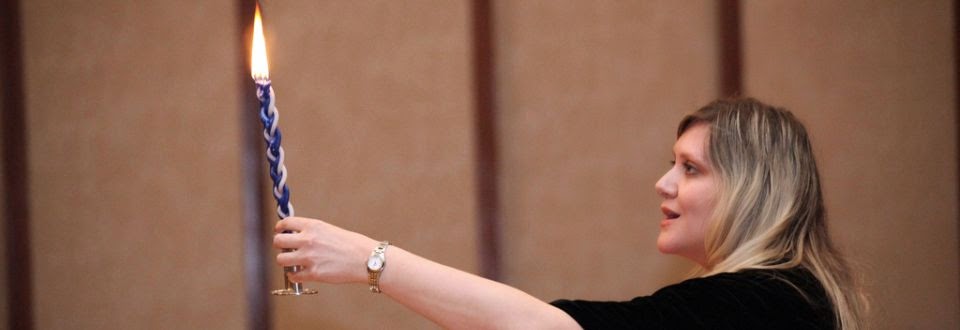
In this world of e-mails, Facebook, Twitter, and other social media outlets, one might ask - why blog? If you want to let people know what you're doing, tweet about it. If you want to share pictures, links, articles, and notes, post them to your Facebook page - which is much like having a personal webpage that is constantly being accessed by all your friends. And if you don't want everything to be so public, but you need to get information out, e-mail is the answer! So, again, why blog?
I have to admit one thing - I've always thought that blogging is somewhat self-indulgent. Only a narcissistic ego-maniac could possibly imagine that everyone on the Internet would want to hear about what they think. But then someone pointed out to me that people are already doing that through other social media sites - constantly sharing their beliefs, their thoughts...even what they ate for breakfast. I had oatmeal and carrot juice, if you're curious.
But a blog (a shortened version of the word "weblog") is a unique chance for people to access more than a twitter post of 140 characters, more than a status update, and more than a personal email. It is a chance to really dig deeper into an issue, develop some points, and come away with some new and interesting information, hopefully. Recently, I took place in the CCAR's webinar on technology and the rabbinate, which was excellent, and they discussed the ideas of social sermons, outreach, and tools for engagement. That's when it hit me. Social media is a tool for having casual conversations with our "congregants" and the like. It's a way to get information out there, let people know what's going on, and reach greater audiences than ever imaginable. Blogging is much like sermonizing - only with the potential to reach a far greater audience than the people sitting in the pews.
And, you know what? It's really caught on! One of my dearest friends, Rabbi Phyllis Sommer, was one of the first Jewish professionals to really get into the blogging world several years ago when it was just catching on. People didn't always understand what she was doing, but she did it anyway. And now, she's well-known for her technological and blogging skills on Judaism and parenting (two issues on which she's quite experienced and knowledgeable!) My good friend, Rabbi Geoff Mitelman, was recently featured in the Huffington Post for his blog "Are Rational Religious People all that Rare?" And the URJ features a fantastic blog with contributions from Jewish professionals, layleaders, clergy, and the like. Their subjects run the gamut of Israel, ritual and worship, interfaith issues, food, news, and living as Jews in the 21st century.
There are synagogues that blog. We have congregants that blog. And you have a rabbi that blogs. There are blogs on Judaism. There are blogs on shopping. There are blogs on music. There are blogs on every subject imaginable if you search for it. Clearly, it's a social medium that is popular, that is ubiquitous, and effective.
Why blog? Because in this age of information distribution and consumption, the blog is one of the most necessary tools in social media, and perhaps, in our engagement with others.




